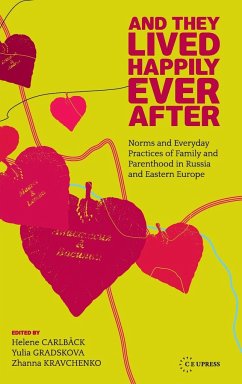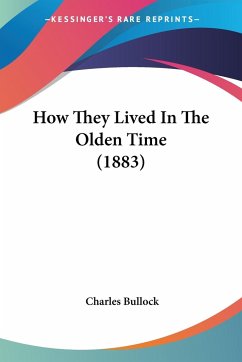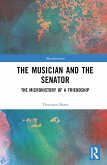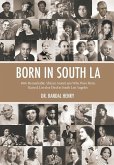Takes a comparative perspective on family life and childhood in the past half century in Russia and Eastern Europe, highlighting similarities and differences. Focuses on the problematic domains of the institutions and laws devised to cope with family difficulties, and discusses the social strains created by the transition from communist to post-communist national systems. In addition to the substantial historic analysis, actual challenges are also discussed. The essays examine the changing gender roles, alterations in legal systems, the burdens faced by married and unmarried women who are mothers, the contrasts between government rhteoric and the implementation of policies toward marriage, children and parenthood. By addressing the specifics of welfare politics under the Communist rule and the directions of their transformation in 1990-2000s, this book contributes to the understanding of social institutions and family policies in these countries and the problems of dealing with the socialist past that this region face.
Hinweis: Dieser Artikel kann nur an eine deutsche Lieferadresse ausgeliefert werden.
Hinweis: Dieser Artikel kann nur an eine deutsche Lieferadresse ausgeliefert werden.








